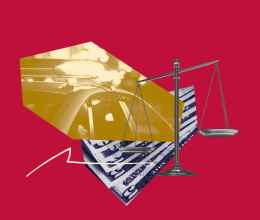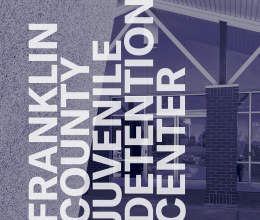
Illinois took a historic step in 2019 when Governor Pritzker signed legislation to legalize the sale and possession of cannabis for recreational use by people at least 21 years of age. The new law has rightfully received praise for its focus on equity, including expungement of criminal records for cannabis offenses and earmarking 25% of revenue from cannabis sales for communities experiencing disproportionate rates of violence and concentrated disinvestment. Some champions of the new law have spoken movingly of their desire to “repair the harm” of the “failed war on drugs.”
The drug war has been a failure and has done great harm. But the war is not over, and will not end just because cannabis is legal. Every year, thousands of Illinoisans are still incarcerated in our prisons and jails and branded as felons for possessing drugs. The ongoing overdose crisis shows that punishment remains an ineffective tool to stop people from using or selling drugs, yet drug arrests and prosecutions continue to wreak destruction in whole communities in Illinois--the very same communities that have suffered from the disproportionate enforcement of cannabis prohibition.
That is why it was so heartening to read the words of Rep. Kelly Cassidy, one of the architects of the new cannabis law, who wrote recently in the Chicago Sun-Times that “we cannot be satisfied when the war on drugs has claimed so many more victims,” and urged the Governor to champion legislation to end felony penalties for small-scale drug possession.
Ending the war on drugs means rolling back criminal penalties for all substances. Decades of increased penalties and aggressive enforcement and prosecution of drug crimes have done nothing to prevent people from suffering substance use disorders, overdoses, and HIV and hepatitis infections. In fact, these policies have only made drug use riskier and exacerbated the ongoing public health crisis. In the 1980’s, crack cocaine was the focus of the drug war. Today it is opioids and meth. Tomorrow it will be something else. We need to stop pretending that waging “war” on these substances will make them go away.
Imprisoning people for a health issue is ineffective, and a waste of resources. Labeling people who use drugs as felons needlessly burdens them with barriers to employment, housing, public assistance, and education that only make it more likely that they will have further contact with the criminal legal system.
Our outmoded drug laws are relics of a disastrous war that for decades has inflicted harm upon our most vulnerable communities. Today, possession of even a small amount of any controlled substance remains a felony in Illinois. But many other states have acted to make their laws less punitive: misdemeanor penalties are available in 18 states, the District of Columbia, and under federal law.
We are encouraged that leaders like Rep. Cassidy are raising their voices to urge Illinois to take the next step toward ending the failed drug war by eliminating felony penalties for drug possession once and for all, and finally start treating drug use—all drug use, in all communities—as the public health issue that it is. The Illinois General Assembly should rise to this challenge by immediately passing legislation to reclassify the penalty for small-scale possession of any drug as a misdemeanor rather than a felony.




